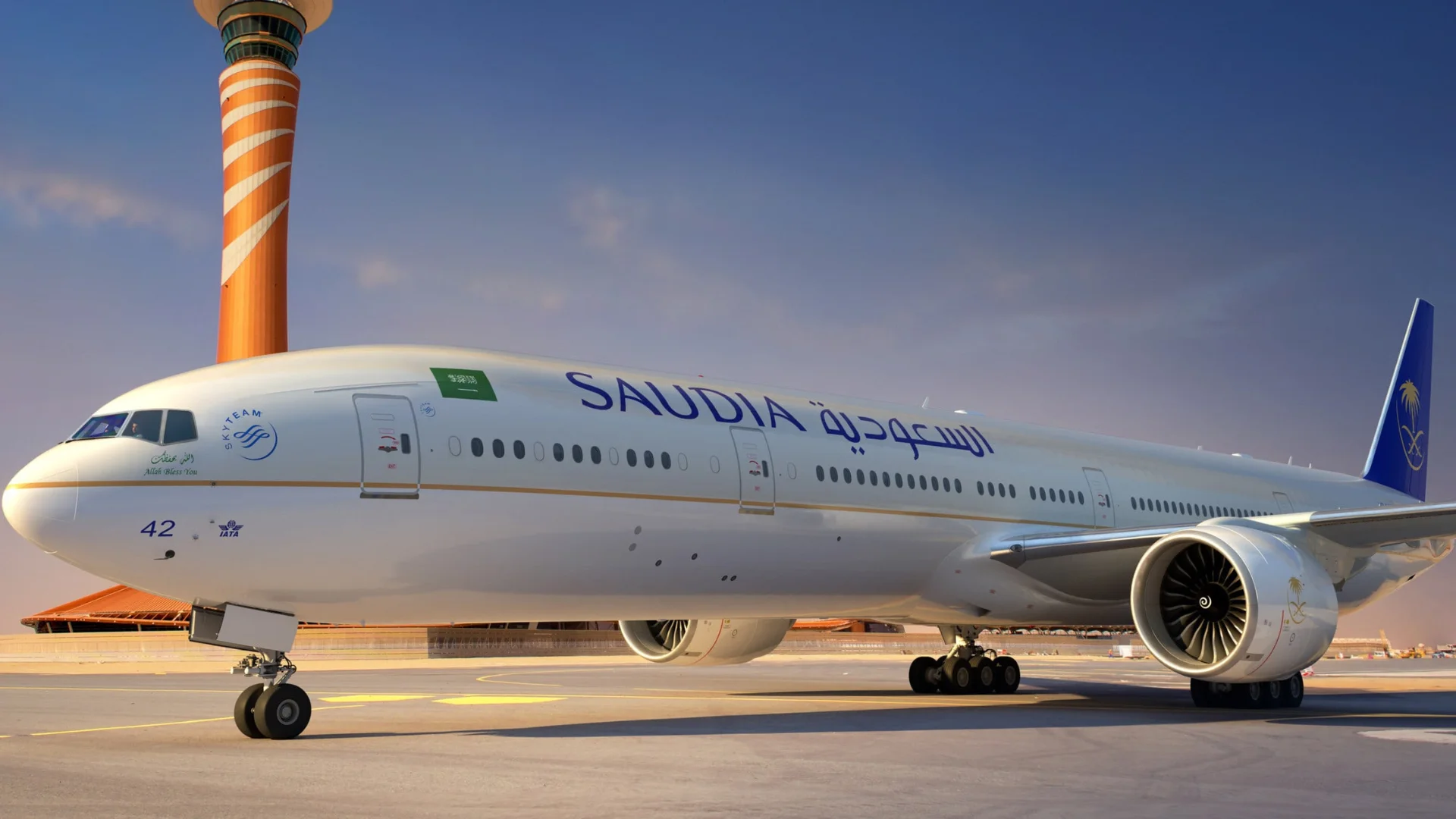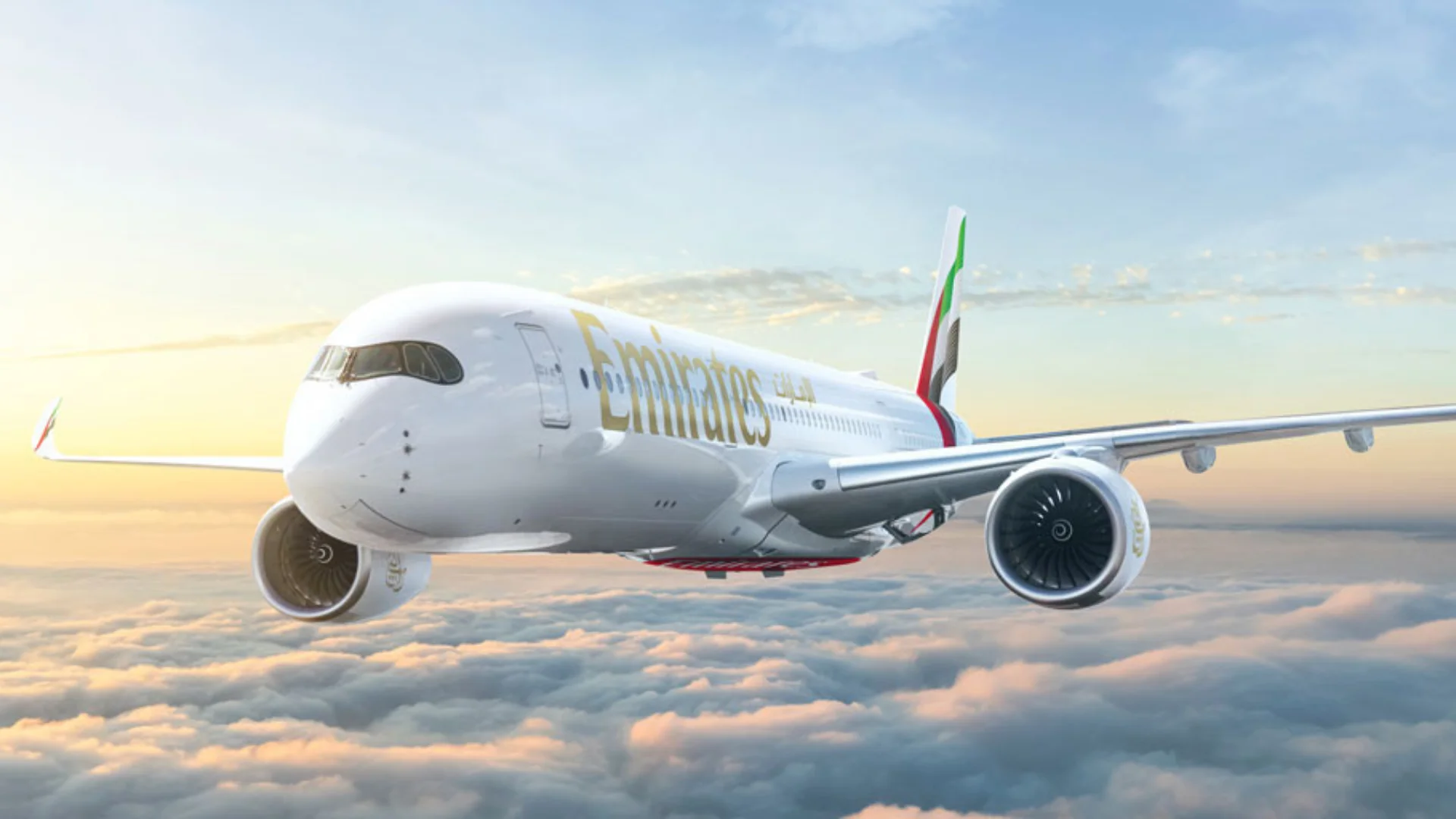Flight attendants sometimes choose to commute to their base by air, despite the tiring nature of frequent flying. Airlines generally do not encourage commuting, as they would prefer that their employees live close by, within one to two hours' travel time for standby duties. However, many flight attendants cannot choose their base at the start of their careers; instead, they are assigned one. With increased seniority, they may have the option to transfer to a more suitable location.
According to the report, "quality of life is extremely important to flight attendants," who need a balanced work-life experience due to the demanding nature of their job. Despite the tiring and stressful nature of commuting after long-haul flights, many flight attendants use this balance as a way to lead a 'normal life' while being ready for their next adventure.
Airlines may offer free or discounted standby travel to their staff. However, availability is often based on seniority, with newer crew members at the bottom of the waiting list for standby seats. "Some airlines offer free airline tickets for staff or, at a discounted rate, which is sometimes called staff travel."
 Alerts Sign-up
Alerts Sign-up








